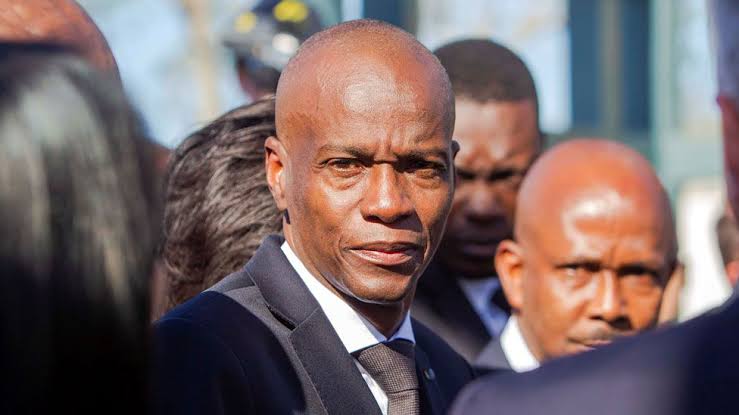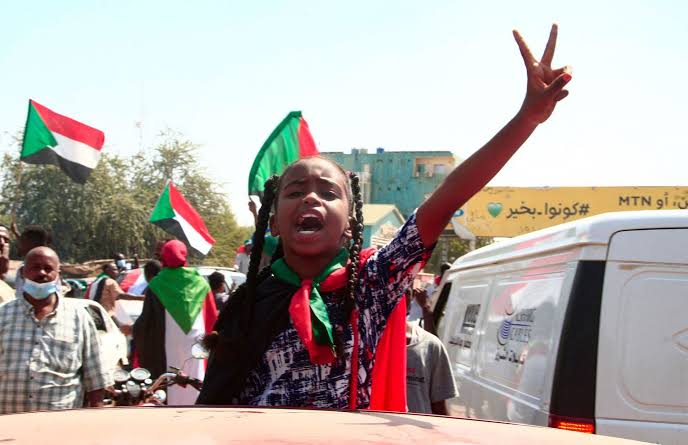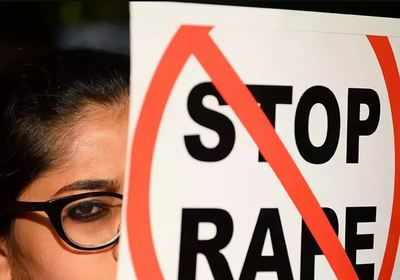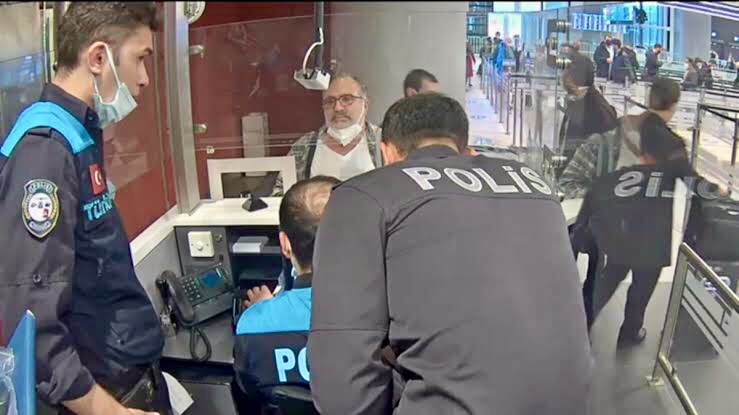
Avellon Williams
PORT-AU-PRINCE, HAITI- Turkish authorities have arrested a businessman Samir Handal, who was considered to be “of great interest” in the high-profiled July assassination of Haiti’s president Jovenel Moise, according to Haitian Foreign Minister Claude Joseph.
The suspect Handal was arrested on Monday, where he arrived at Istanbul airport on a transit flight from the United States to Jordan, Anadolu Agency reported.
Anadolu Agency said Handal was wanted on an Interpol notice and later questioned by courts officials, who issued the 40-day temporary custody order at the request of Turkey’s justice ministry. He was being held in Istanbul’s Maltepe prison, the agency reported.
Minister Joseph tweeted that he had spoken by phone with his Turkish counterpart, Mevlut Cavusoglu, late Monday after Handal’s arrest.
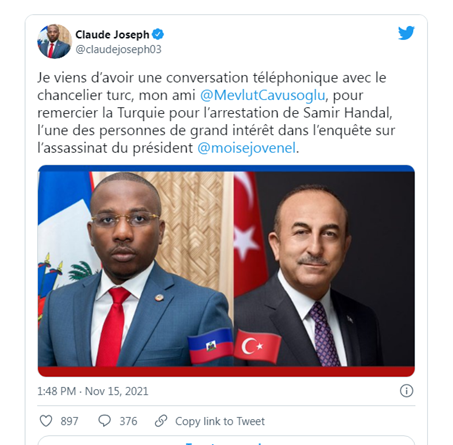
Joseph called Handal’s arrest a “huge step” in the investigation of Moïse’s death. He said Haiti passed an arrest warrant to Turkey’s Foreign Ministry before Handal’s flight arrived in Istanbul, rounding out an Interpol Red Notice issued Sunday.
“I myself am more than determined to do justice to the president and make sure that it’s rendered to his allies, his family, and more importantly, the country,” Joseph told The Miami Herald. “When we render justice to the president, we render it to the whole nation.”
It’s unclear whether Handal will be extradited to Haiti, where authorities believe he met with suspected mastermind Christian Emmanuel Sanon to plan Moïse’s assassination, Reuter’s reports.
Haitian police found Handal’s name on three Palestinian passports and seven Haitian passports stowed in Sanon’s home.
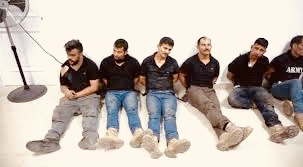
More than 40 suspects have been arrested concerning Haiti’s President Moise’s murder, including 18 former Colombia soldiers and several Haitian police officers.
Among the people involved in the murder includes, former Colombian military officer Mario Palacios Palacios, who is being held in Jamaica, Venezuelan businessman Antonio Intriago, Haitian American James Solages, former Haitian Senator John Joël Joseph, and a group of U.S.-trained former Colombian soldiers.
Moise killing deepened political instability, fuel shortages, gang violence, and hunger made worse by a deadly August earthquake.
